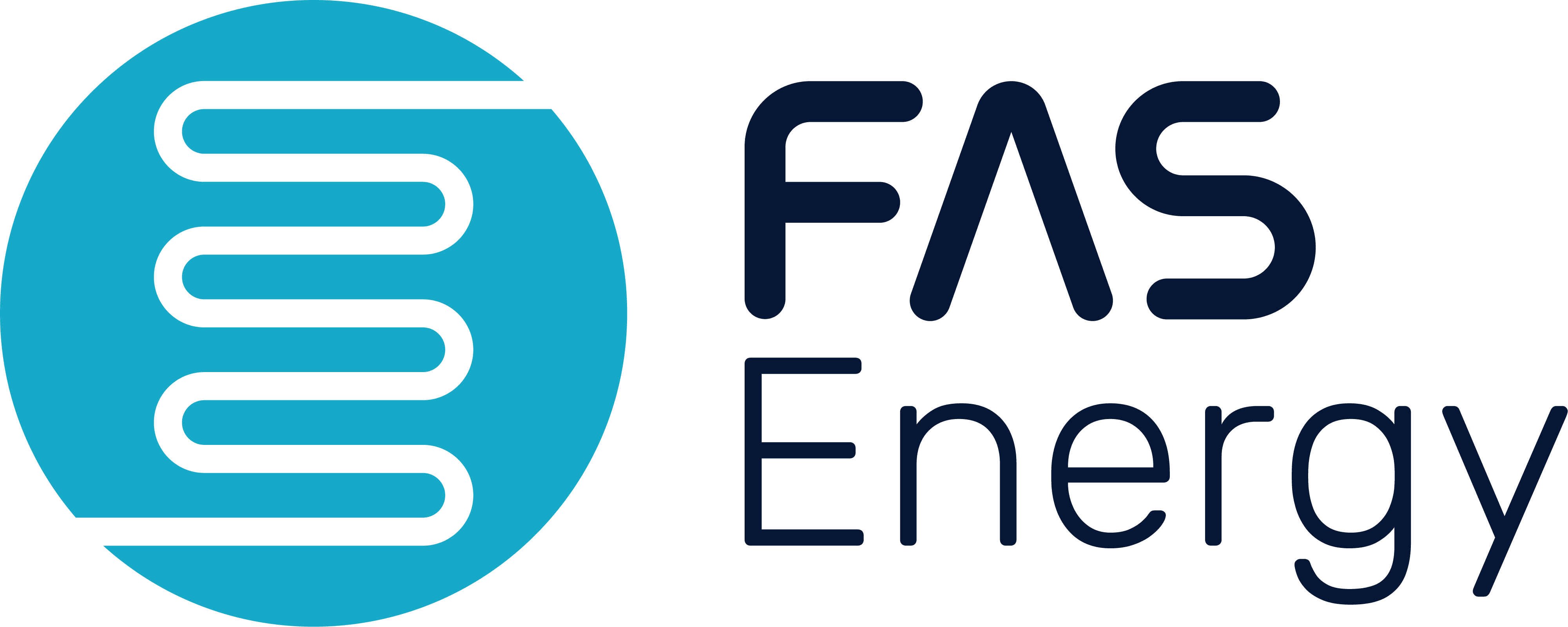Immerse yourself in the convenience and robust utility offered by ducted heat pump systems. This innovative application uses air ducts located within your roof or underneath your floor to provide heating and cooling to multiple rooms, eliminating the necessity for separate units. As it caters to the needs of your entire living space, feelings of coldness become a thing of the past, with the added advantage of zoning systems to minimise costs in unoccupied rooms. The understated elegance of discrete ceiling or floor vents offers an aesthetic appeal that is difficult to match with other heating installations. Despite slightly longer installation times and the need for more extensive renovation work, the long-term benefits of a ducted heat pump system are remarkable. Keep reading to discover how these systems might just be the most cost-effective and aesthetically pleasing solution to your heating needs.

Understanding Ducted Heat Pumps
What are Ducted Heat Pumps
Ducted heat pumps are heating and cooling systems that use air ducts installed in your roof or beneath your floor to distribute warm or cool air to multiple rooms in your home. They provide comprehensive home comfort, ensuring every corner of the house is at the desired comfortable temperature, no matter the season.
How Do Ducted Heat Pumps Work
Operating like a central heating system, the ducted heat pump works by transferring heat from outside of your home to the inside during the winter, and from the inside to the outside when it’s too hot. The discreet roof or floor vents release this controlled air, allowing a seamless blend with your home aesthetic.
Benefits of Ducted Heat Pumps
There are numerous benefits to using ducted heat pumps. They offer an efficient and cost-effective solution for whole-home temperature control, eliminating the need for multiple units. The systems also feature a zoning capability, which means you can manage heating and cooling in the rooms you don’t use often to save energy and further reduce costs. And, unlike other heating systems, the vents are discretely designed, maintaining the aesthetic of your home.
Differing Types of Heat Pumps
While ducted heat pumps are a popular choice for comprehensive home comfort, other types of heat pumps include high wall heat pumps and floor heat pumps. Your choice will largely depend on your home’s layout, size, and your specific heating and cooling needs.
Considerations for Ducted Heat Pump Installation
Suitable Home Types for Installation
Though ducted heat pumps can be advantageous, they may not be ideal for every home. We typically recommend this option for new builds, significant renovations, or homes with a substantial ceiling cavity to allow the ducts and unit’s feasible installation without invasive structural changes.
Evaluating Your Space and Needs
Before deciding on a ducted heat pump, it’s important to assess your space and needs. Think about the number of rooms you want to heat or cool and your home’s overall size. Consider if you have sufficient ceiling or floor space to accommodate the ducts, and overly consider the initial investment’s long-term benefits.
Understanding Zoning Systems
Zoning systems in ducted heat pumps allow you to regulate temperature room by room, reducing energy usage in areas that are infrequently used. These systems can be tailored to your lifestyle and needs, offering greater control over energy consumption and comfort.

Professional Installation Process
Initial Onsite Assessment
The first step in the professional installation process is the onsite assessment. Our friendly team will visit your home to evaluate the suitability of a ducted heat pump system for your space and needs. During the assessment, they’ll provide a thorough explanation of how the system operates.
Installation Planning
Once the onsite assessment is completed, the next step is the installation planning. This involves devising a custom-designed heating solution centred on your specific requirements, involving necessary renovations, and determining the best strategy to optimize duct placement and performance.
Installation Process & Steps
Our professional team will handle the installation process, taking care of every intricate detail. It includes the placement of vents, the installation of the heat pump unit, connecting all electrical parts, and final testing to ensure everything’s working seamlessly.
Importance of Professional Installation
Benefits of Professional Installation
Professional installation ensures that your ducted heat pump system is fitted correctly and works efficiently. It eliminates potential errors that can occur with DIY setups, reducing the risk of future repair expenses and inconvenience.
Understanding Regulations and Standards
Professionals are well-versed in the regulations and standards surrounding heat pump installations. They ensure your installation complies with these rules, ensuring safety and efficiency.
Five-Year Guarantee on Products and Services
Our professional installation comes with a five-year guarantee on all parts, products, and labor, assuring you of the quality and longevity of our work. This means we stand behind our service and you can rely on our team for any queries or issues that may arise down the line.

Understanding Renovations Requirement
Requirements for Installation Renovations
Installing a ducted heat pump system may require certain renovations in your home to accommodate the ducts, particularly if your home has limited roof or floor space. This could involve creating new pathways in your ceiling or floor. Remember, these modifications will largely depend on your home’s architecture.
How to Prepare for the Installation
Before your installation date, ensure your home is ready for the process. This might involve clearing rooms or furniture to make space for our team, ensuring easy access to the installation spaces, and preparing members of your household for the minor disruptions the installation might cause.
Potential Challenges and Solutions during Renovations
While our team will aim to minimize any disruption during the installation, it’s important to understand that there might be some challenges during the process, such as unanticipated structural complexities. However, rest assured our experienced professionals are well-equipped to overcome these challenges.
Ducted Heat Pump System Costs
Comparative Costs of Ducted Heat Pumps
Upfront, ducted heat pumps can cost more than other types of heat pumps due to the complexity of the system and the installation process. However, they often offer greater overall value and cost-effectiveness based on their energy-efficient operations, particularly in larger homes or where multiple rooms require temperature control.
Long term Cost Effectiveness
While the initial cost of a ducted heat pump system may appear significant, their long-term savings potential makes these units an attractive investment. Their efficiency leads to lower power bills, and the durability of these systems means you won’t need to replace them as often.
Maintenance and Servicing of Ducted Heat Pumps
Recommended Maintenance Schedule
Just like any mechanical system, regular maintenance is key to ensure your ducted heat pump performs optimally and extends its lifespan. We recommend scheduling professional servicing at least once each year.
Understanding Maintenance Tasks
Maintenance tasks may involve cleaning and replacing filters, checking the outdoor unit for debris, ensuring vents are not blocked, and inspecting the system for any possible faults or wear and tear.
Professional Servicing
Professional servicing is pivotal to keep your ducted heat pump system running efficiently and effectively. Our team will conduct a thorough inspection of your system, address any potential issues, and ensure all parts are in excellent condition.
Ducted Heat Pumps Vs Traditional High Wall Heat Pumps
Differences in Operation
While both types of heat pumps operate based on the same principle, their execution differs. Traditional high wall heat pumps are designed to heat or cool one particular room, whereas ducted heat pumps can condition multiple rooms at once. The degree of control over temperature also differs with zoning functionality unique to ducted systems.
Comparing Energy Efficiency
When it comes to energy efficiency, ducted heat pumps perform extraordinarily well, particularly in larger homes or those with multiple rooms. This means you could potentially save money on your energy bills compared to traditional high wall heat pumps.
Pros and Cons of Each System
The main advantage of ducted heat pumps is their ability to regulate the temperature across different rooms simultaneously, coupled with their energy efficiency. They tend also to be quieter as the noise-generating components are typically placed in hidden spaces. The primary disadvantage could be the upfront cost and the need for more extensive installation. As for high wall heat pumps, they’re economical to install, require less invasive installation, but they only heat individual rooms.
Troubleshooting Common Problems
Identifying Common Issues
Common issues with ducted heat pumps may include inefficiencies in heating or cooling, strange noises, leaking pipes, or skyrocketing energy bills. Proper maintenance can help avoid many of these problems.
When to Call for Professional Help
Schedule a service appointment with a professional if you notice any changes in the operation of your ducted heat pump system. If the system isn’t heating or cooling correctly, switches on and off irregularly, makes unusual noises or your energy bills unexpectedly increase, these could indicate issues that need professional attention.
Maximizing Performance and System Lifespan
Preventative maintenance and proper care are key to maximizing your system’s lifespan. Regular checks and professional servicing, along with ensuring the system is used in line with manufacturer’s guidelines can help guarantee the longevity and optimal operation of your system.
Contacting Professionals for Ducted Heat Pumps
Finding a Reliable Professional Service
When finding a professional service for your ducted heat pump needs, look for a team that offers comprehensive services, from consultation and installation to post-installation care. A reputable team will have positive customer reviews, a transparent pricing structure, and a customer-oriented approach.
What to Expect from Professional Services
With professional services, you should expect a high level of expertise, a thorough analysis of your needs, comprehensive planning, and seamless installation. Post-installation, the professionals should offer strong customer service, answering any queries promptly, offering advice and support for system management, and providing regular maintenance services.
Evaluating Customer Satisfaction
Assessing customer satisfaction is an excellent way to verify the credibility of a professional service. Check online reviews and testimonials, consult people you trust who’ve used the service, or even ask the company for references. A high level of customer satisfaction is usually indicative of a reliable and trustworthy service.

